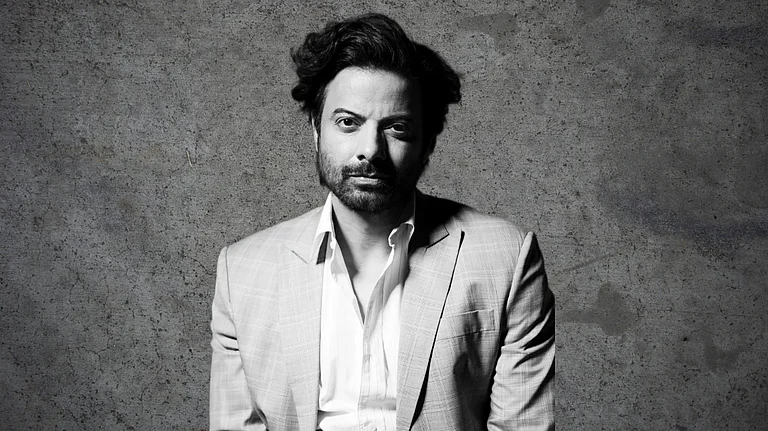As private schools come under a sharp focus following the brutal murder of a seven-year-old in Gurgaon’s Ryan International School, Bhavna Vij-Aurora met Delhi’s deputy chief minister and education minister Manish Sisodia to discuss various issues, including budget schools, improving the quality of government schools and the lot of the teachers.
Small-time private budget schools have mushroomed all over the Capital with the poorer sections of the society preferring to send their children there instead of government schools. How do you view this situation?
My first reaction is to tell the parents not to send their children to these private unrecognised schools running in the name of budget schools. But it is not practical since more than 70,000 students are going to these smaller private schools. Whether they are acquiring any knowledge is questionable.
The only solution is to have more government schools. We are trying to enhance capacity by opening new schools and adding rooms to existing schools. It is like a mission. We have added 15-20 new schools and 8,000 additional rooms. The target is to add 10,000 more rooms in the next one year as more children are waiting to be admitted.
What is the capacity of government schools in Delhi?
The annual intake of schools in Delhi is around 2.25 lakh students in Class I—1,00,000 in private schools and remaining 1.25 lakh in Nagar Nigam (municipal) schools. The Delhi government runs only middle and senior schools, that is, from Classes VI to XII. This is a bad model as there is no cohesion and prevents a holistic approach to education. Schools from Class I to XII should be under the same authority.
At the present moment, students come from a Nagar Nigam school to Class VI of a Delhi government school. Some of them have a beautiful handwriting but cannot read what they have written. They have only learnt to write by copying the letters.
We have to increase intake capacity of government schools (including Nagar Nigam), taking it up to 3 lakh students. There is too much pressure on the system. There are up to 150 children per classroom in some schools near the Delhi border like Loni and Bahadurgarh. People from across are sending their children to Delhi schools. We cannot refuse them.
What about the perennial debate of private versus government schools?
Ideally, a time should come to do away with private schools completely but it’s too radical a solution. I personally believe that the government schools are the only solution to our education-related issues. The mixed school model of 50-50 private and government schools is not good. Recently, I was in Moscow for an international conference and participants from other countries were surprised that we follow this model in India. As a nation we have surrendered to the market forces. In any case, the government schools need to improve rapidly with a good salary for teachers to attract the best.
What are you doing about the teachers? Many of them are not paid as per the payscale, do bus duty and even double up as school accountants in many cases.
We take up the cases as and when they come to our notice. The CBSE also addresses these issues. For us, the bigger factor was motivation of teachers. We have been using a carrot and stick policy. While we take strict action against teachers when we get complaints like beating or abusing students or not taking classes, we are also looking into their working conditions.
I had written an open letter to government teachers, warning them of strict action in case of inefficiency on their part but also assured them that the government is willing to do anything to support a sincere teacher. We have several programmes for enhancing their motivation and training levels. We have to bring them on par with teachers in the best schools.
What kind of new training programmes has your government organised?
We have Jeevan Vidya Shivir, a seven-day residential training programme to promote critical thinking among teachers. Of the 50,000 teachers, half have already undergone this training and there has been a paradigm shift in their motivation levels. We also have a mentor-teacher programme under which 200 teachers were chosen and trained to be mentors to their colleagues in other schools. The mentor teachers are being sent to foreign universities like Singapore and Cambridge to develop their leadership skills.
Moreover, we are starting a new teachers’ training institute as part of Ambedkar University. The syllabus will focus on early childhood education and developing critical thinking in teachers for transformative learning.


























